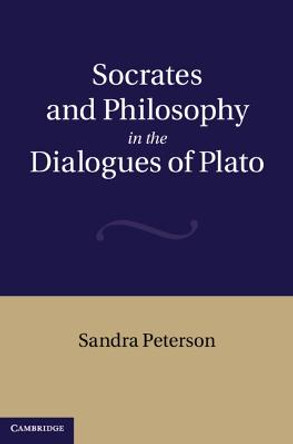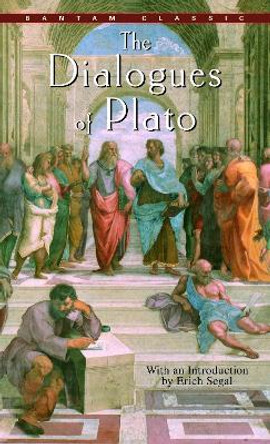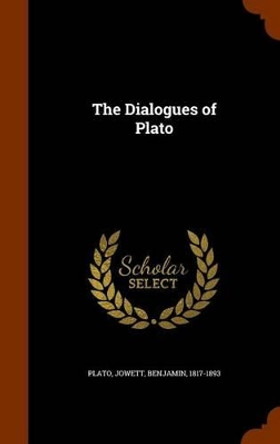In ancient Greece, philosophers developed new and dazzling ideas about divinity, drawing on the deep well of poetry, myth, and religious practices even as they set out to construct new theological ideas. Andrea Nightingale argues that Plato shared in this culture and appropriates specific Greek religious discourses and practices to present his metaphysical philosophy. In particular, he uses the Greek conception of divine epiphany - a god appearing to humans - to claim that the Forms manifest their divinity epiphanically to the philosopher, with the result that the human soul becomes divine by contemplating these Forms and the cosmos. Nightingale also offers a detailed discussion of the Eleusinian Mysteries and the Orphic Mysteries and shows how these mystery religions influenced Plato's thinking. This book offers a robust challenge to the idea that Plato is a secular thinker.
Challenges the idea that Plato is a secular thinker, exploring the interaction of philosophy and Greek religion in the dialogues.About the AuthorAndrea Nightingale is a Professor of Classics at Stanford University. She has authored Genres in Dialogue: Plato and the Construct of Philosophy (Cambridge, 1995), Spectacles of Truth in Classical Greek Philosophy: Theoria in its Cultural Context (Cambridge, 2004), and Once out of Nature: Augustine on Time and the Body (2011).
Book InformationISBN 9781108837309
Author Andrea NightingaleFormat Hardback
Page Count 308
Imprint Cambridge University PressPublisher Cambridge University Press
Weight(grams) 580g
Dimensions(mm) 235mm * 160mm * 22mm










